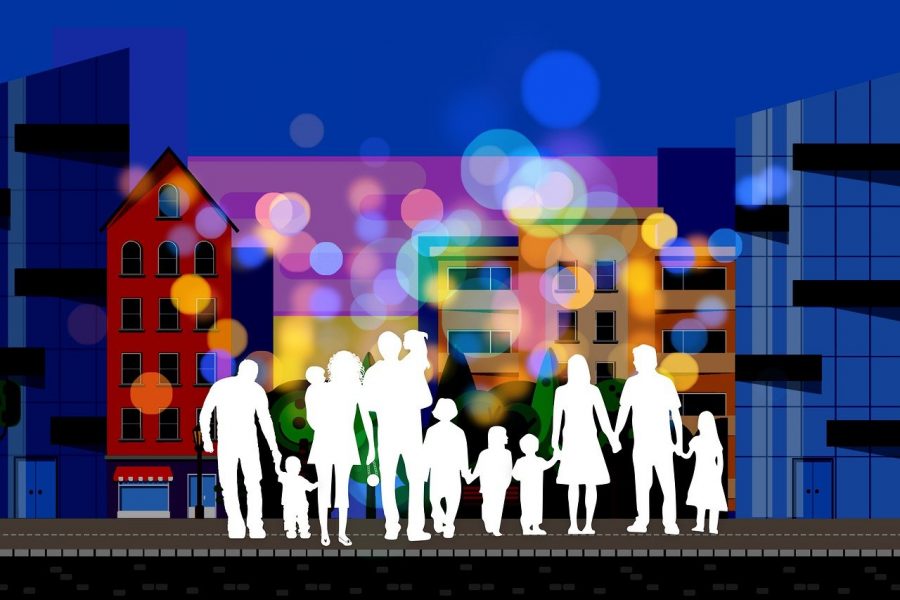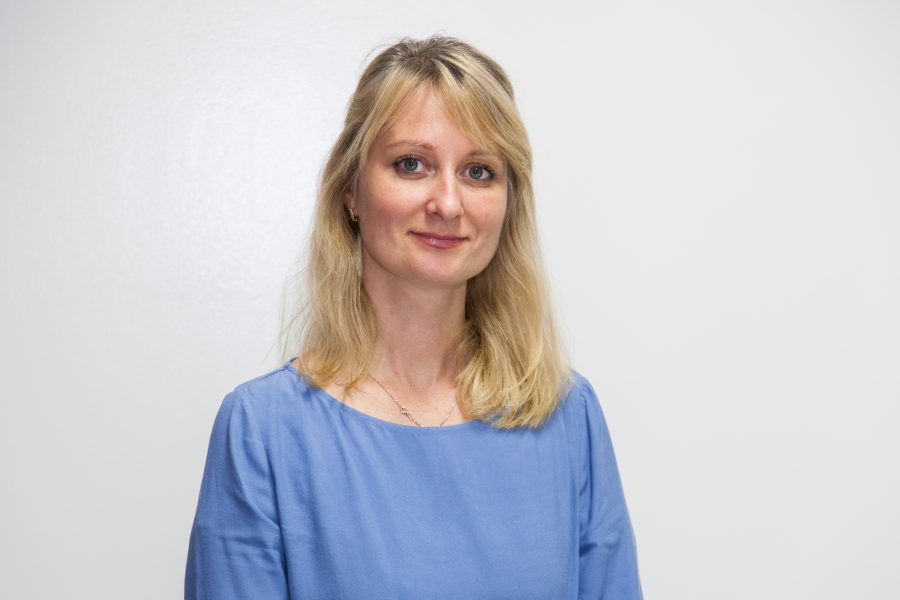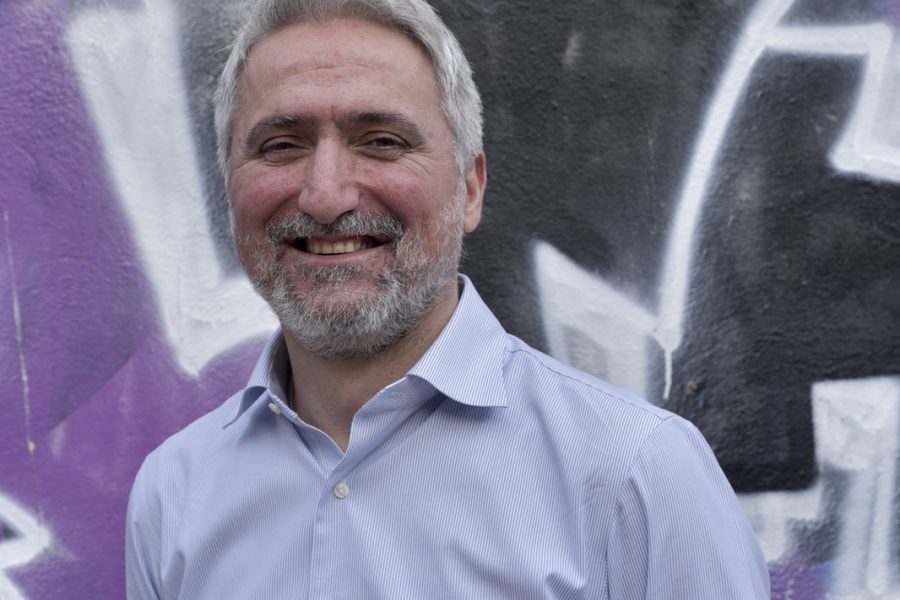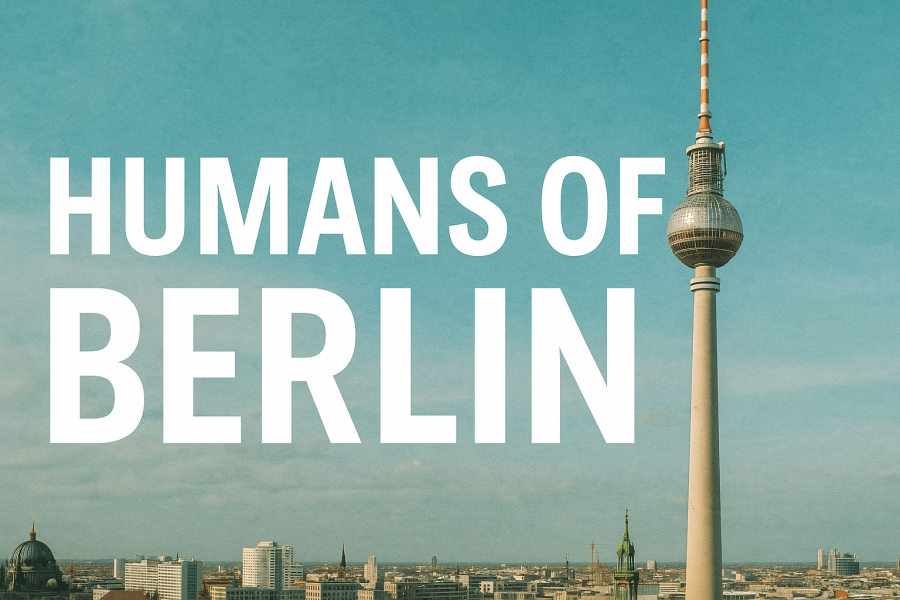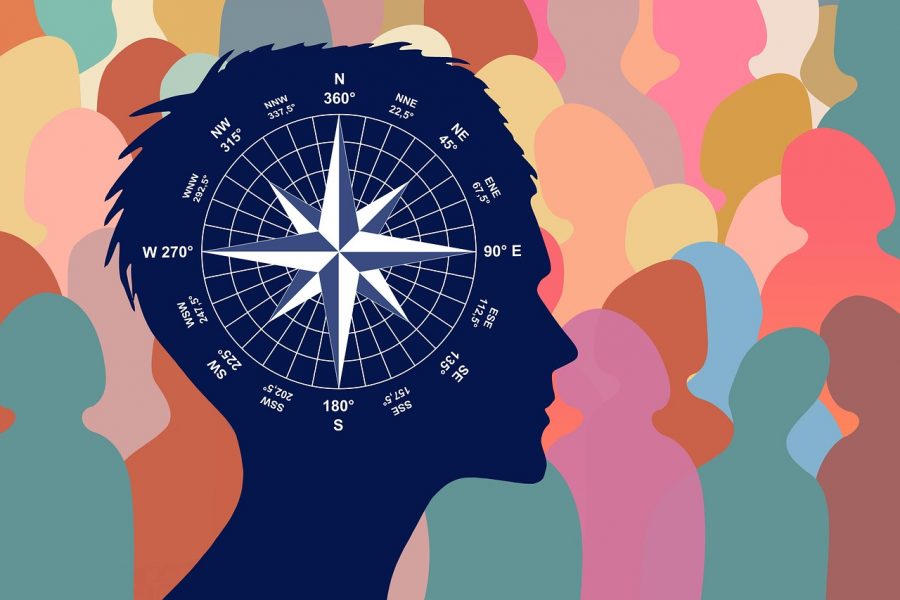I was reading Walter’s article about volunteering, and made me think deeply.
I come from a society where volunteering was never a tradition. The imperative was: everyone takes care of themselves. If someone works unpaid, they are considered a loser or being taken advantage of. Applying to university never required any kind of volunteer experience, so it was never part of education at any level. Older people are also very cautious about volunteer work; when you go to a museum, you won’t find workshops or guided tours run by volunteers who share their life expertise.
Moving to Berlin, we were deeply impressed by how strong civil society is here — and how powerful volunteer work can be. It has enormous potential and energy; it can literally move mountains. It stirred the same feeling Walter described so beautifully — including how much we can learn about humility and about ourselves.
A society slowly suffocates under a bureaucratic-political machinery
I love being part of civil society: giving my expertise, my engagement, my time (our most valuable asset). I love giving and receiving. Local Vereine — whether sports clubs or gardening associations — are true community spaces. They are places where the state suddenly disappears, and nobody expects things to be solved without us. Every member enjoys making decisions, taking responsibility, and getting things done together. And if you walk through Berlin, these Vereine are everywhere — on almost every street.
But please help me understand something, because I genuinely do not get it. How is it possible that in the civic field — in Vereine and similar spaces — self-governance, independence, creativity, and responsibility are the rule? Order and security arise naturally from citizens themselves. It is a deeply human way of co-existence, based on relationships.
And yet, when it comes to society as a whole (the very same thing, just at a bigger scale), everything seems to be the opposite. People follow without questioning. A society slowly suffocates under a bureaucratic-political machinery that feels anything but human.
Competing NGOs — a real red ocean
What I really struggle with is the relationship between the state (country or city — Land or Stadt) and civil society. The picture I see is this: the state tries to centralize and take control of as many tasks as possible. But since it cannot fulfill many of them, it delegates these tasks to civil society. And then comes the worst part: for some of these tasks, the state gives money. Because the process must be “democratic,” this money has to be earned through applications, documentation, and enormous amounts of administration.
The result: competing NGOs — a real red ocean. From ten applications, if three succeed it is fantastic; the average is 1.7. Positivity is replaced by frustration. And NGOs that depend on state funding slowly lose their independence. A less critical approach becomes inevitable.
We know there is no such thing as “state money”. There is only taxpayers’ money. Every cent paid to civil society comes from civil society. Citizens form Vereine, and these Vereine must fight for money that also comes from citizens.
The application system has never been ideal. It burns creative energy. It wastes enormous working hours on both sides. It rewards safe, well-established methods. It discourages new, brave ideas. It kills risk-taking.
As local as possible
In the age of AI assistants, this system will become even stranger. It will take less work to write an application — so the number of applications will double. On the funding side, AI assistants will probably evaluate applications written by AI assistants. All in the name of making a better society for humans.
Is there a better way to sustain civil society? Absolutely.
Let’s renew our democratic system based on one principle: as local as possible. Delegate as many tasks as far down as possible. In Berlin, the Kiez could be the lowest level for making and executing decisions. Financed by a dedicated share of tax income. And I know that people much smarter than me have long lists of ideas for how to redesign our system in this direction. Berlin could be the perfect place to run pilot projects for this future.

